Publications
-
 Radical Democratic Care. Eine sorgetheoretische Perspektive auf Praxen des Widersprechens
Radical Democratic Care. Eine sorgetheoretische Perspektive auf Praxen des Widersprechens
-
 Radical Democratic Care. Eine sorgetheoretische Perspektive auf Praxen des Widersprechens
Radical Democratic Care. Eine sorgetheoretische Perspektive auf Praxen des Widersprechens
-
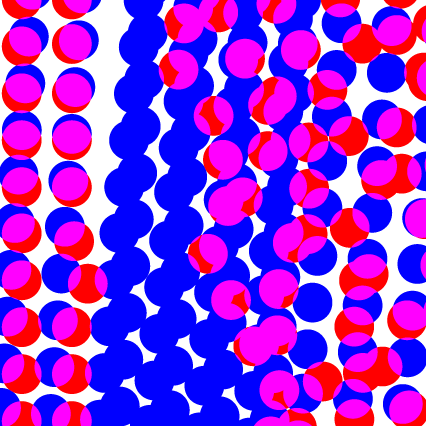 Radical Democratic Care: eine sorgetheoretische Perspektive auf Praxen des Widersprechens
Radical Democratic Care: eine sorgetheoretische Perspektive auf Praxen des WidersprechensContribution to the Journal Femina Politica – Zeitschrift für feministische Politikwissenschaft In this article, I address the precarious relationship between democracy and care and develop a radical democratic understanding of care – Radical Democratic Care. I proceed in four steps: First, I introduce the concept […]
-
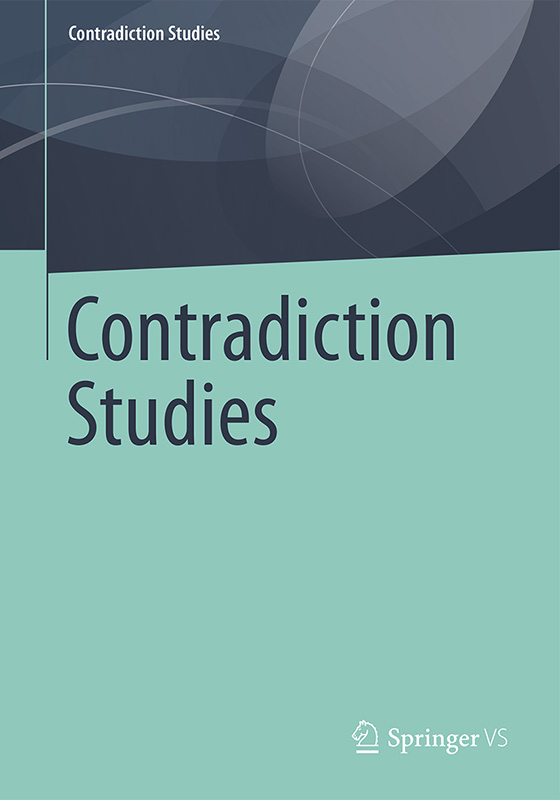 Contradiction Studies
Contradiction StudiesPutting contradiction center stage, this series aims at challenging simplistic conceptualizations of the contradictive. The series editors agree that contradictions are not necessarily about being resolved but that they rather provide starting points for polyphonic conversations.
-
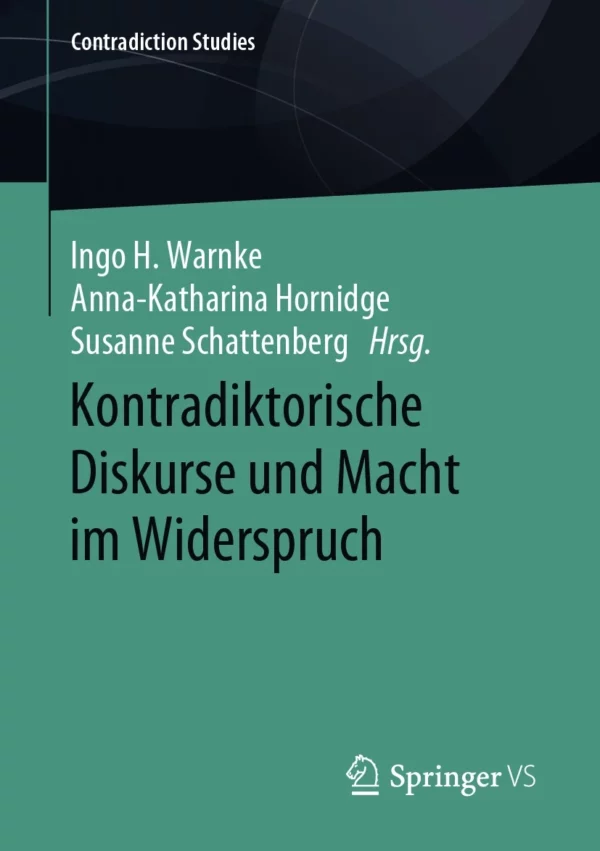 Kontradiktorische Diskurse und Macht im Widerspruch
Kontradiktorische Diskurse und Macht im WiderspruchDer Band behandelt in interdisziplinärer Perspektive Widerspruch unter anderem als einen konzeptionellen Anker von Diskursanalyse und -theorie. Widerspruch ist eine Figur der Ordnung von Wissen und damit Ausdruck von Machtverhältnissen. Akteur*innen, die Widersprüche identifizieren und als solche erst wahrnehmbar machen, sind ebenso in Dynamiken der […]
-
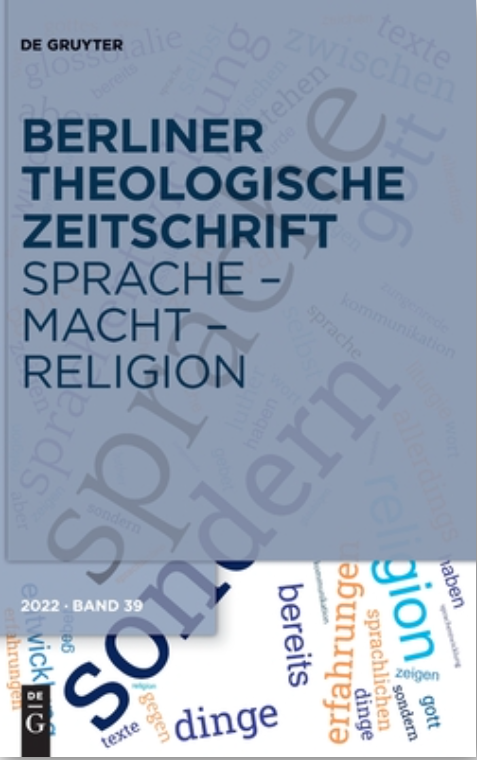 Religion im kolonialen Archiv
Religion im kolonialen ArchivBerliner Theologische Zeitschrift 39. 309–335. ISBN: 9783110787108
-
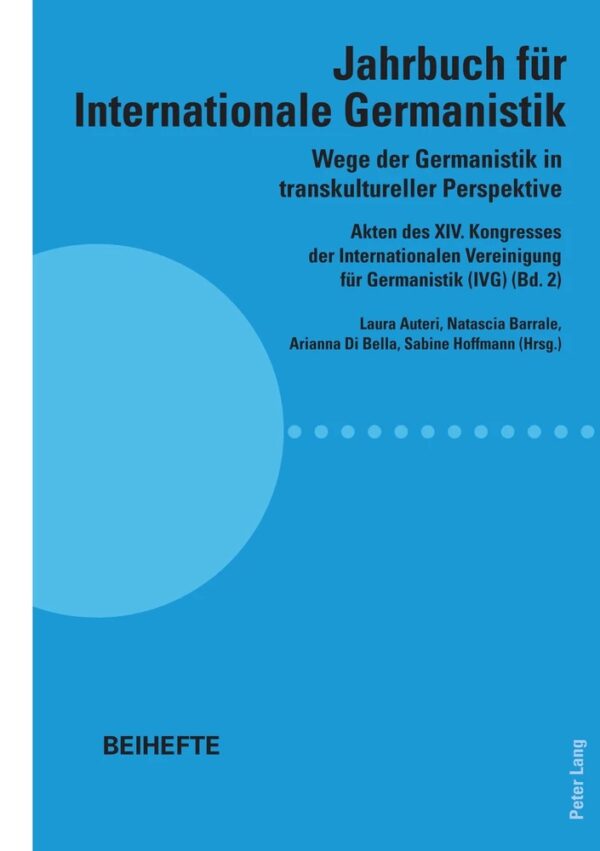 Mimikry der Marginalität
Mimikry der MarginalitätIn L. Auteri, N. Barrale, A. Di Bella & S. Hoffmann (eds.), Jahrbuch für Internationale Germanistik: Wege der Germanistik in transkultureller Perspektive, Akten des XIV. Kongresses der Internationalen Vereinigung für Germanistik (IVG), Vol. 6, 511-515. Bern: Lang. DOI: 10.3726/b20759
-
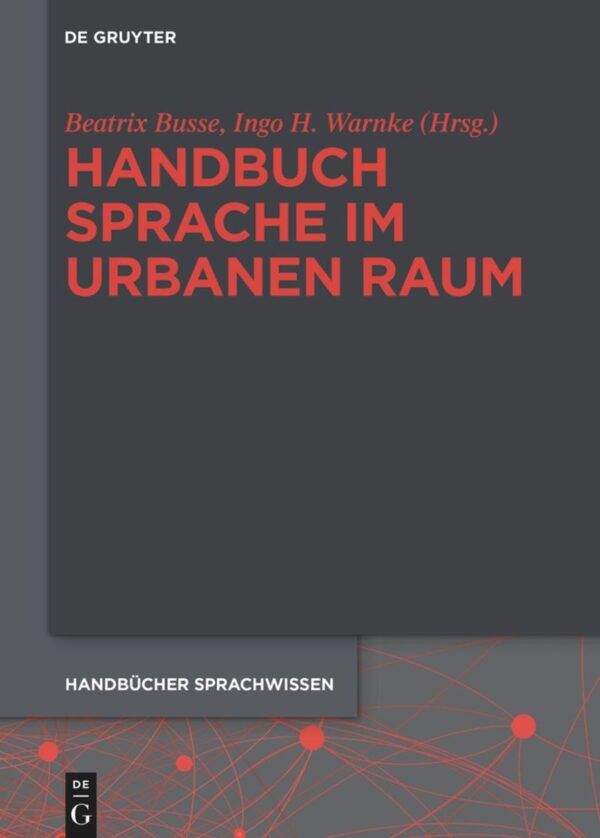 Melancholy Objects Remixed. A Multimodal Counterstatement on Photography in Urban Linguistics
Melancholy Objects Remixed. A Multimodal Counterstatement on Photography in Urban LinguisticsThe chapter discusses the use of photographs in research on Linguistic Landscape. Based on the observation of a widespread use of photographic documentation, the status of photographs is critically reflected. The focus lies on a reading of Susan Sontag’s ([1977] 2014) Melancholy Objects. Here, conceptions […]
-
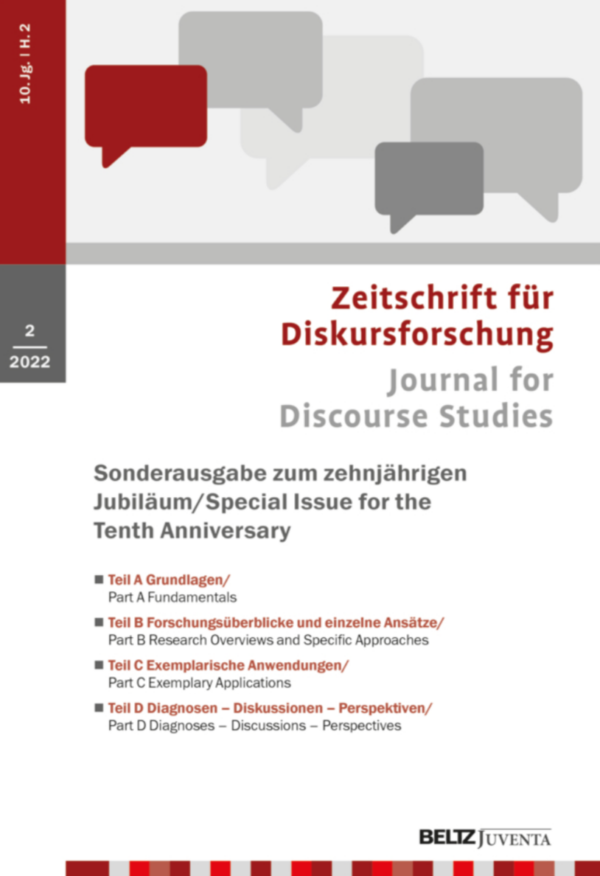 Mythos Zuhören – Bemerkungen zur Diskursphänomenologie gerichteter Aufmerksamkeit
Mythos Zuhören – Bemerkungen zur Diskursphänomenologie gerichteter AufmerksamkeitBased on the omnipresence of euphemistic talk about listening, the essay examines the network of relationships between listening and discourse. A widespread myth, in which listening is understood in isolation as a replicative action and the imponderables of listening are systematically covered up, is contrasted […]
-
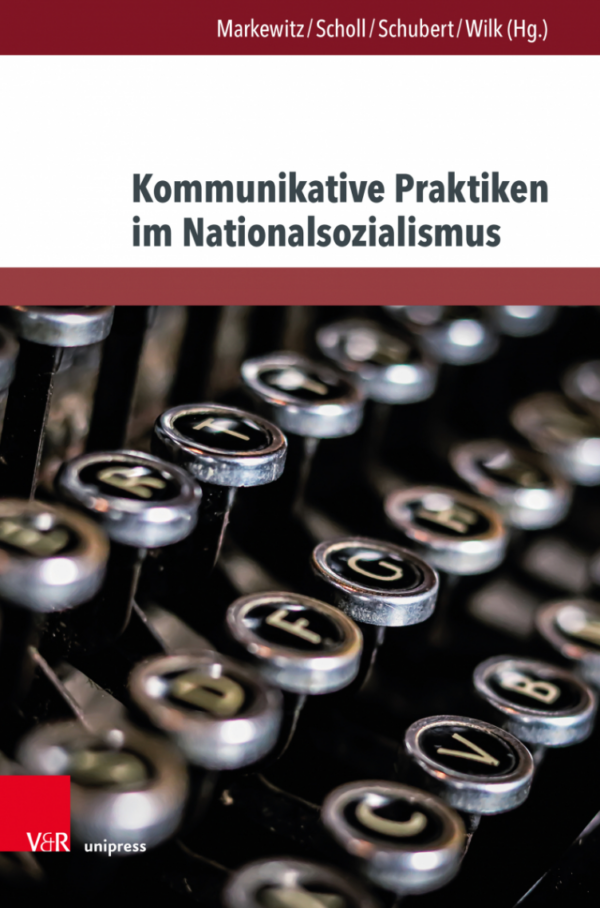 Multidirektionale Lexik in der Diskursgeschichte des 20. Jahrhunderts
Multidirektionale Lexik in der Diskursgeschichte des 20. JahrhundertsIn Friedrich Markewitz, Stefan Scholl, Karsten Schubert & Nicole Wilk (eds.), Kommunikative Praktiken im Nationalsozialismus. 173–205. Göttingen: V&R unipress. ISBN: 978-3-7370-1612-4
-
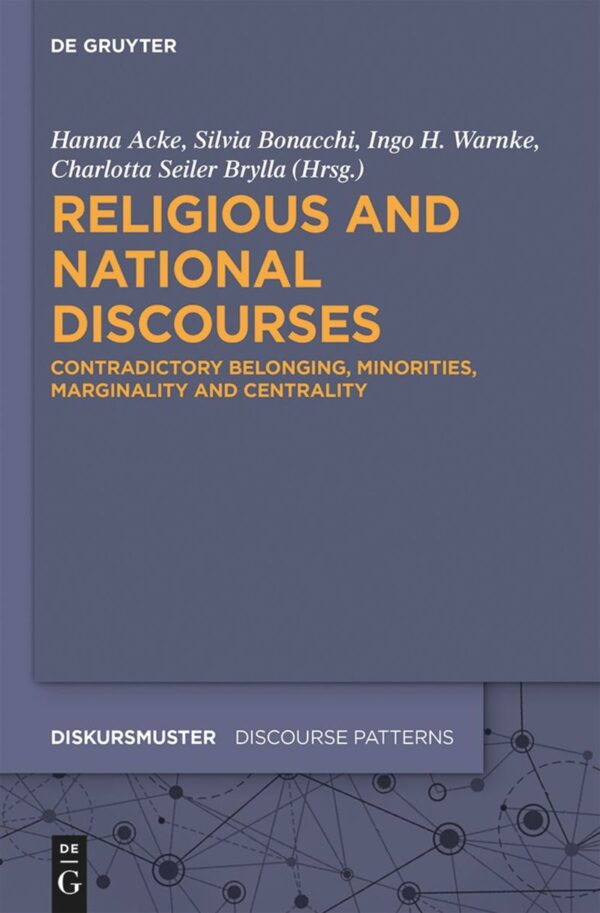 Minorities and Majorities, Marginality and Centrality. An Introduction
Minorities and Majorities, Marginality and Centrality. An IntroductionIn Hanna Acke, Silvia Bonacchi, Carsten Junker, Charlotta Seiler Brylla & Ingo H. Warnke (eds.), Religious and national discourses. Berlin/Boston: de Gruyter Volume 33 in the Series Diskursmuster/ Discourse Patterns eBook ISBN: 9783111039633 PrintISBN: 9783111027739
-
 Diskurs ist Widerspruch
Diskurs ist Widerspruch
-
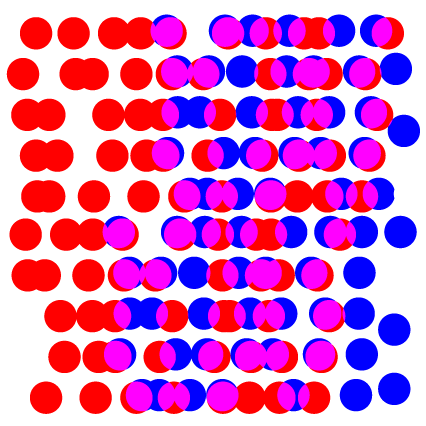 Mimicry of Marginality. On Masking Hegemonic Positions Through Discourse
Mimicry of Marginality. On Masking Hegemonic Positions Through DiscourseIn recent decades, the history of social movements has been characterized by discursive struggles for the attention to (intentionally) overlooked social positions of subjects and their actual or imagined membership in groups marginalized by and in mainstream discourses. Warnke, Ingo H., Bonacchi, Silvia & Seiler […]
-
 Diskurs ist Widerspruch
Diskurs ist WiderspruchIntroduction to the special issue Widersprüche.
-
 Verlernen
VerlernenThese political decisions are linked to the question of the institutional location and the further development of artistic research in terms of content and aesthetics. The latter is addressed in the volume Permeations – Interpenetrations between Artistic Research and Aesthetic Theory, published by Spector Books […]
-
Queerness als Teil der Schöpfung (Science Slam, U Bremen)
-
 Wir wollen nicht mitreden, sondern eine andere Sprache. Sprachideologische Positionierung im Diskurs der Identitären Bewegung
Wir wollen nicht mitreden, sondern eine andere Sprache. Sprachideologische Positionierung im Diskurs der Identitären BewegungIn Wiener Linguistische Gazette (WLG) 91 (2022). 1-36.
-
 ›Diskursanalyse jenseits von Big Data‹. Tagungsbericht zur 11. Tagung des Tagungsnetzwerkes Diskurs – interdisziplinär (10.–11.11.2022)
›Diskursanalyse jenseits von Big Data‹. Tagungsbericht zur 11. Tagung des Tagungsnetzwerkes Diskurs – interdisziplinär (10.–11.11.2022)
-
 Staged Dissent: »Change My Mind« as a Vehicle of Instrumental Deliberation within the Identitäre Bewegung Österreich
Staged Dissent: »Change My Mind« as a Vehicle of Instrumental Deliberation within the Identitäre Bewegung Österreich
-
 Staged Dissent – »Change My Mind« as a Vehicle of Instrumental Deliberation within the Identitäre Bewegung Österreich
Staged Dissent – »Change My Mind« as a Vehicle of Instrumental Deliberation within the Identitäre Bewegung ÖsterreichIn this paper Jonas Trochemowitz and Lara Herford aim to analyze the talking format of Change my Mind by Steven Crowder and its adaptation by the former spokesperson of the right-wing extremist group Identitäre Bewegung in Austria. By employing the concept of ›genre of dissent‹ we ask the question how democratic values of deliberation are strategically used to gain legitimacy for far right positions in discourse.